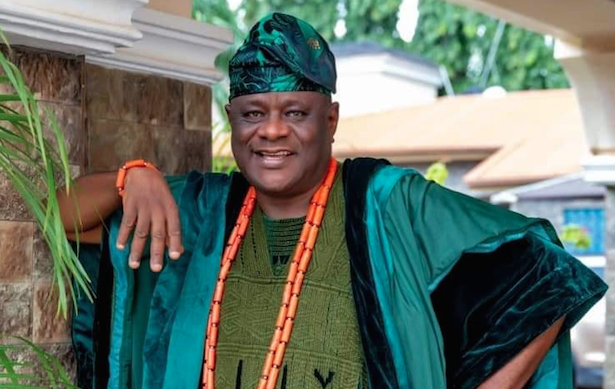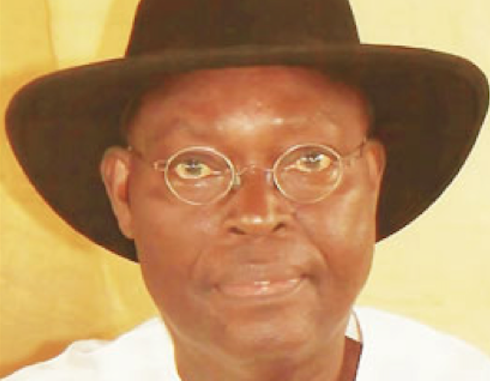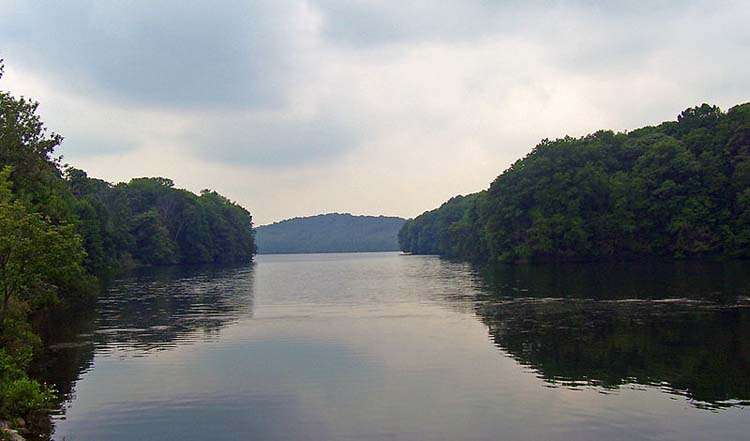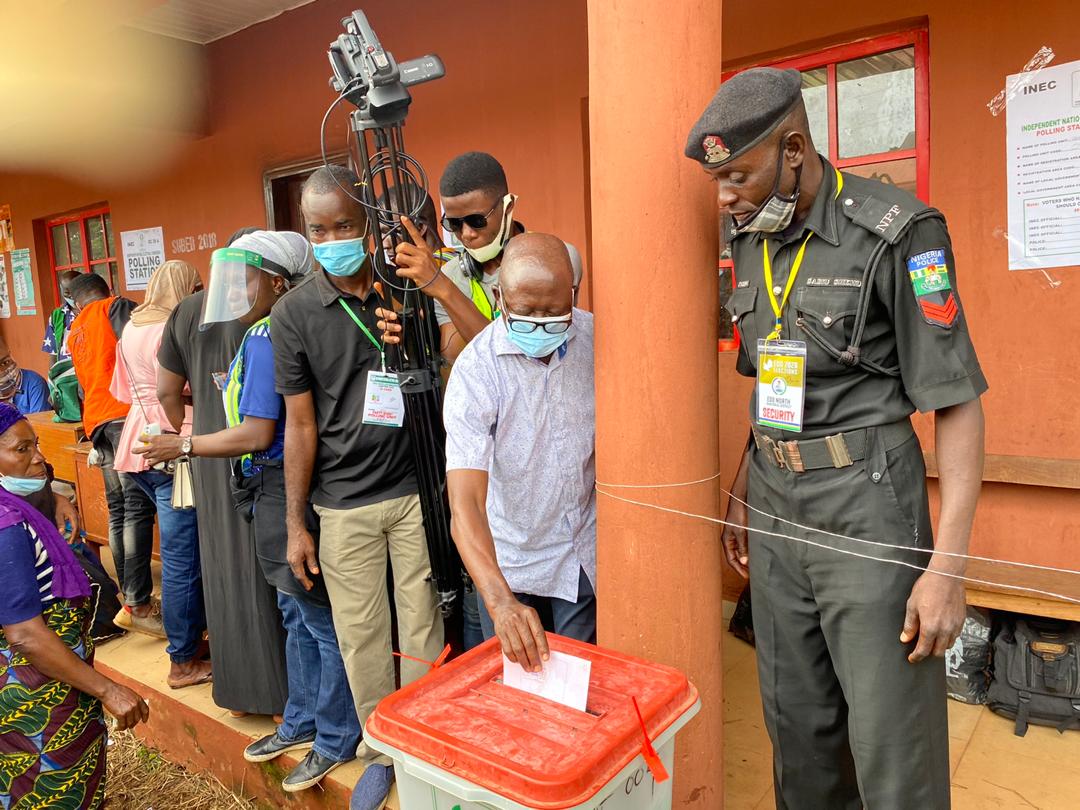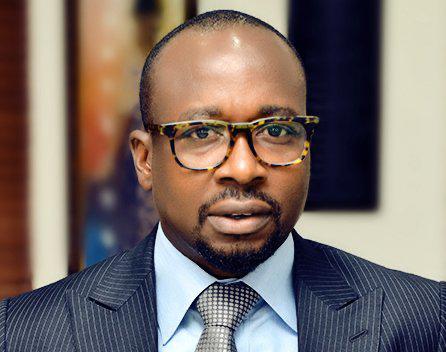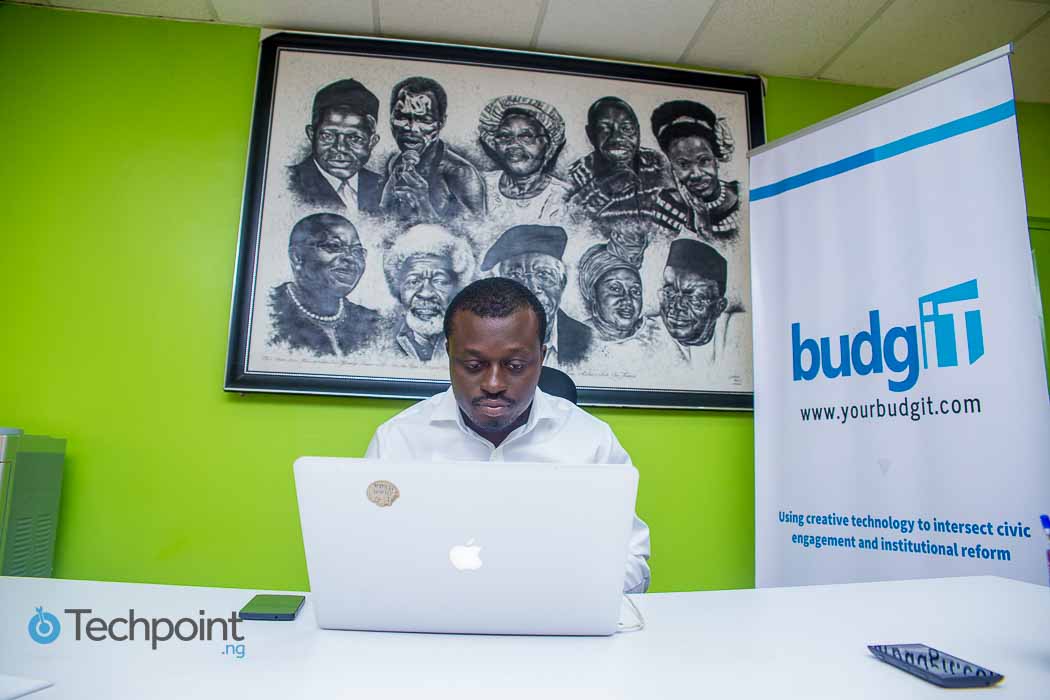Donald Trump
BY BOUBACAR N’DIAYE
The challenges Africa faces have not changed that much over the last few years: Reclaim its battered dignity, build sound economies and democratic institutions, and address a pressing security crisis. In short, to establish throughout the continent effective democratic, accountable political and security governance. To reach this goal, Africans and their states can use all the help they can get. A common wisdom, not necessarily borne out by facts, is that America and the West generally provide most of that help, hence that hazy relationship between the continent and its partners.
Against this backdrop, shortly after Donald J. Trump was elected the 45th president of the United States in 2016, Trevor Noah, the talented South African comedian, offered his television program viewers a hilarious skit. With eye-catching graphics for maximum comical effect, he suggested that president Trump could be compared to some of the most reviled African presidents of the 1970s and 80s. That was before everything that transpired over the last three and a half years of the Trump presidency; before President Trump, in the Oval Office, referred to African countries as “s**t-hole countries;” before his reported disrespect for Nelson Mandela, and other racist utterances and behavior reported by people who knew him well; before his former secretary of Defense deduced that he was “dangerous;” before his former Director of National Intelligence expressed a lingering suspicion that he may have been under the influence of America’s foremost global adversary; and, of course, before the unmitigated disaster his mismanagement has been of the Covid 19 pandemic and of the other, older and entrenched scourge of racism. All of which have led many a comedian to conclude that, actually, Africa’s worse dictators “ain’t got s**t” on M. Trump (who, singlehandedly, may have mainstreamed that once shunned four-letter word), and, in light of the devastation of Covid 19 and violence in America’s streets during protests against the relentless killing of unarmed black men by the police, to mischievously ask “which country is the “s**t-hole now?” What a difference a few months make!
The wry wisdom of rascally–if perceptive–comedians aside, with only a few weeks before the ominous November 3rd presidential election, one can easily imagine America’s public diplomats in Africa (and across the world), their colleagues of US development Aid agencies and other US-funded NGOs having such a hard time explaining with a straight face why a given African country ‘must’ adhere to some democratic principle such as respect the rule of law, fight corruption, build and respect democratic institutions, and even how such a deeply flawed man could have been elected (and may quite possibly be reelected) president of what is dubbed ‘the oldest democracy in the world.’ With three million votes less than his opponent, mind you.
The truly onerous task American diplomats will face aside, over the next few weeks and until the dust settles, African policymakers and opinion leaders will have to reflect critically on the record of the Trump presidency on Africa’s challenges as posited at the outset. There is no doubt that within just a few weeks, what has to be called the ‘crisis of democratic morality’ president Trump has wrought on his country and the world will reach its most dangerous stage with the crisis that will surely result from what is shaping up to be the most chaotic election in US history.
Advertisement
A few of the US latest presidents made it a point to visit Africa, usually during their first term to showcase the historical ties evidenced by the presence of millions of Americans of African descent, and to reaffirm the United States’ commitment to the continent. Beyond the symbolism, the two last presidents launched significant multi-year programs (President’s Emergency Plan for AIDS Relief (PEPFAR) for George W. Bush, and POWER AFRICA and Young African Leaders Initiative for Barack Obama) to help tackle singularly haunting challenges facing African peoples and their governments. Not Trump.
Clearly, he couldn’t care less. Amid the insults, it was enough to send First Lady Melania for what qualified as an old-fashioned safari, even as he proposed massive cuts to US foreign aid that would have affected disproportionately Africa, had Congress not objected. Since his coming into office, the singular challenges Africa has faced have been insecurity and terrorism. They seriously hampered faltering democratization processes and sketchy economic development efforts.
Exacerbated by the West’s decision to assassinate Libyan leader Gadhafi in 2011, these challenges have since worsened. In West Africa, rampant insecurity and terrorism have slowly expanded beyond the Sahel area. Some of the antiterrorism policies enacted by Bush and Obama were not repealed in the knee-jerk fashion that characterized Trump’s default stance on anything Obama-related. For example, the drone base in Niger appears to be still operational although the fight against terrorism the US was supposed to lead was, in essence, gladly left to the Europeans led by France. Indeed, it took much pleading by the French to dissuade the Trump administration abandoning this fight and withdrawing altogether from Africa. Not even the occupation of a northern Mozambican region by marauding terrorist hordes claiming Islamic ties and the risk to expand terrorism to southern Africa were enough to spring the Trump administration into action. This amounts to a willingness to ignore US national security interests in countering terrorism for what appears to be a primal aversion to anything African.
Advertisement
Let’s face it, president Trump’s visceral disdain for the continent may be unsurmountable. A President Biden will most likely resume the traditional US approach to Africa (still US-national interests-centered of course, but casually respectful of Africans, their dignity and marginally of their interests). Africans must, today, more than ever, draw the appropriate lessons of Trump’s spectacularly disastrous presidency for Africans (beyond the mere optics) and, for that matter, for his fellow citizens of African descent. The looming electoral crisis and any violence that may come as it unfolds, is likely to affect persons of African descent living in the US whether they are US citizens or not. They should acknowledge it and prepare accordingly to lessen its impact.
In preparing for a post-Covid 19 world when the afore-mentioned challenges are inescapably exacerbated, Africans, wherever they live, must come to terms with the sober reality that they have only themselves to count on, especially should Trump secure reelection as a result of corrosive antidemocratic antics that would put to shame the most loathsome African authoritarian leader. Trevor Noah’s initial skit may have been a bit off after all.
Views expressed by contributors are strictly personal and not of TheCable.

